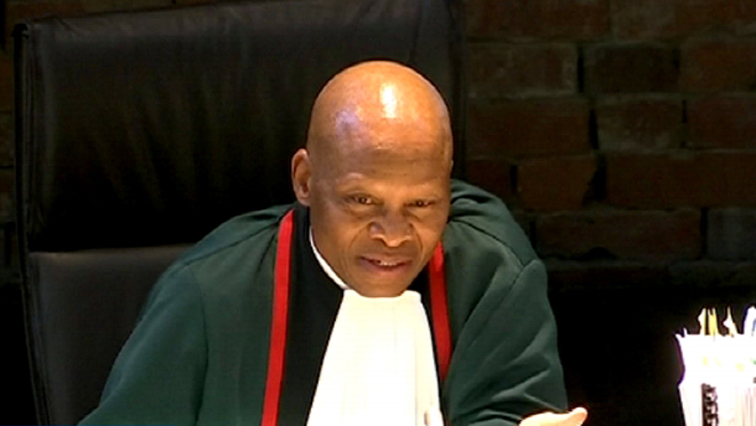Analysts say the Constitutional Court judgement ordering the Presidency to withdraw former President Jacob Zuma’s signature of a SADC Protocol has far reaching implications for South Africa’s foreign policy.
The Presidency has still not commented on the ruling.
The judgement, delivered by Justice Mogoeng Mogoeng on Monday, says the former President’s signature of the SADC Protocol that denies individuals the right to challenge their countries at the regional Tribunal was unlawful, unconstitutional, and irrational and should be withdrawn.
Institute for Security Studies’ Liesl Louw says the judgement means that whenever a President signs a foreign treaty or agreement, Parliament must be consulted.
“It is going to be very tricky for the Presidency because it literally goes at the heart of our foreign policy. The judgement says that the head of state of South Africa can’t just without the consent of Parliament make a decision within SADC that is going to affect ordinary citizens. It comes back to the African Union as well that often decisions are made and, at times perhaps, says about certain issues that are in contradiction with the Constitution.”
The ruling is the culmination of a court battle that started with Zimbabwean farmers demanding redress after their government ignored a Tribunal decision that their farms should be returned, after they were forced off them. Chief Justice Mogoeng Mogoeng read out the ConCourt’s ruling on former president Jacob Zuma’s participation in the process.
SADC Tribunal
In 2008, the SADC Tribunal issued a ruling barring the Government of Zimbabwe from taking over farms without compensation.
The judges said the farmers, who were facing eviction, “could keep their farms because the land reform undermined the rule of law.”
The panel also ruled that “fair compensation” should be given to farmers who had already been evicted. But Zimbabwe blatantly ignored the ruling.
Instead of enforcing the ruling, in 2010 SADC heads of state and government decided to suspend the Tribunal. When it was reinstated in 2014, it came with a condition limiting its role to interpretation of the SADC Treaty and Protocols relating to disputes between Member States.
This meant that individuals could no longer submit their claims there.
7 of the farmers, who had moved to South Africa, took the matter to court and won in the North Gauteng High Court. And now the Constitutional Court has ruled that by signing the Protocol, former President Jacob Zuma violated Section 231 of the Constitution.






